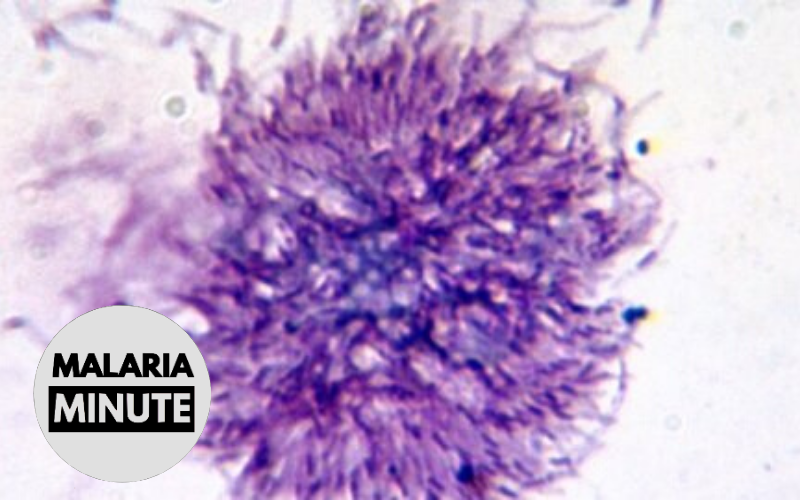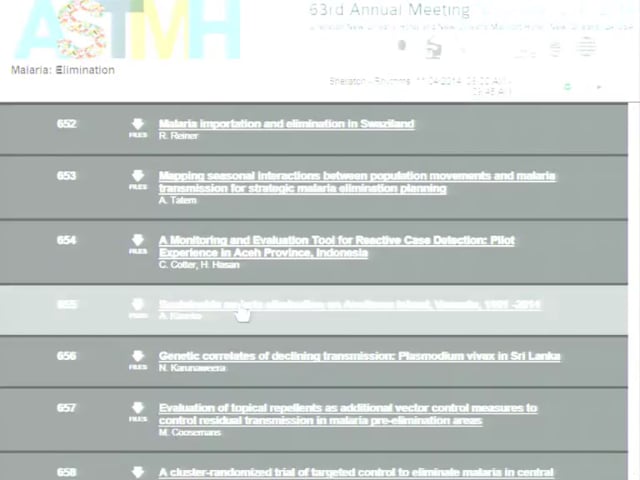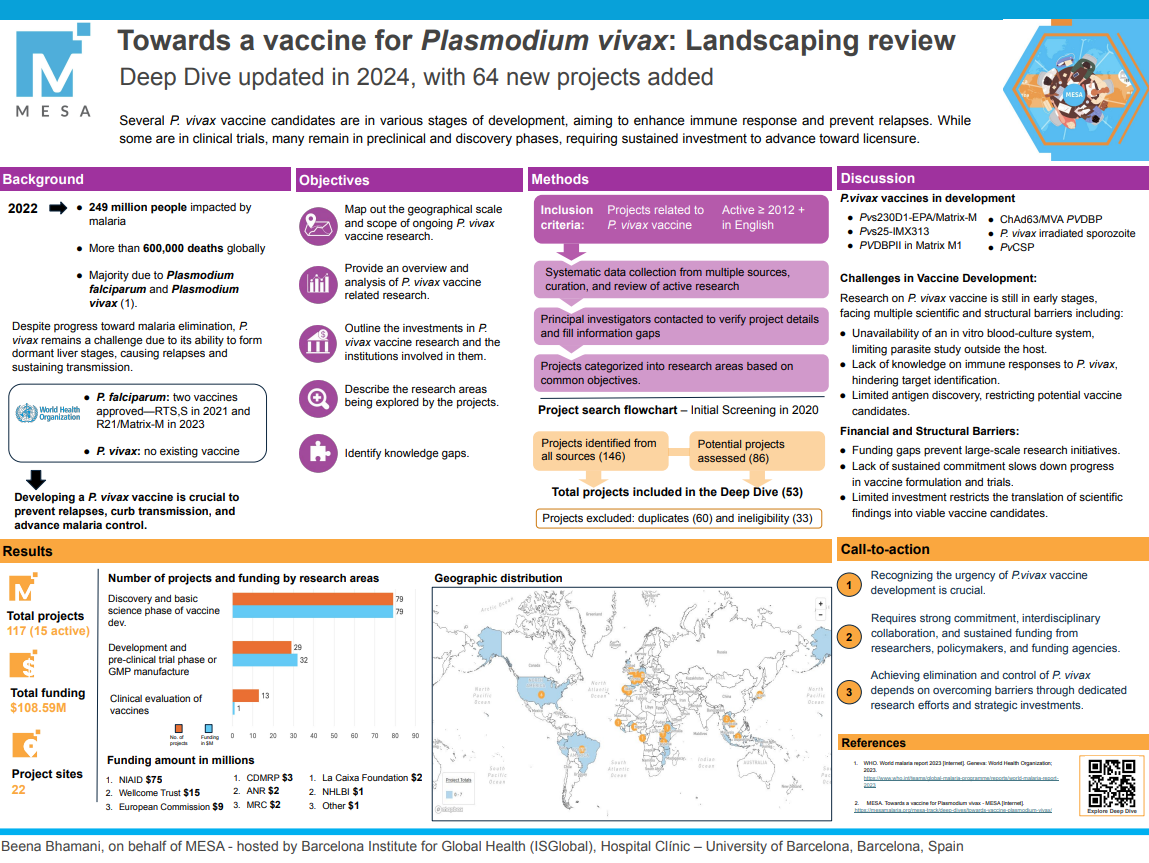Last Updated: 06/11/2023
Determining factors of asymptomatic transmission of P. vivax in the Brazilian Amazon
Objectives
*Original title in Portuguese: Fatores determinantes da transmissão assintomática de P. vivax na Amazônia brasileira
To explore the determining factors of asymptomatic transmission of P. vivax in the Brazilian Amazon.
Malaria remains one of the leading causes of vector-borne morbidity and mortality worldwide. Cryptic subclinical infections represent a considerable challenge in elimination efforts. Asymptomatic infections largely outnumber overt clinical cases, contributing to sustained cycles of transmission in both low and high endemicity. Multiclonal parasites, co-infections, and co-endemicity of Plasmodium falciparum and Plasmodium vivax are underlying mechanisms that likely contribute to persistent transmission. Subclinical infections have a lower parasite load, although the parasitemia threshold required to infect a susceptible mosquito has not been defined. Adding to the complexity of transmission, the ecology of vectors in low- and middle-income regions can be constantly changing due to severe weather events, deforestation, mining and changes in global weather patterns. These climate changes and human-induced changes can occur rapidly, resulting in increased vector habitats and establishment of new transmission cycles. Overall, the determinants of sustained transmission in areas of low symptomatic prevalence are largely unknown. Despite an estimated 800,000 cases of malaria in 2017, South America has been somewhat neglected in clinical research and public health intervention studies. At the same time, the incidence of malaria is re-emerging in South America, likely due to political instability and a paucity of information about the effects of environmental change. Changes in vector composition modify the genetics of mosquito and parasite populations, as well as the transmission dynamics of asymptomatic human reservoirs. Plasmodium vivax is the dominant and prevalent species; however, P. falciparum can reappear in specific foci in the Amazon.
Mar 2020


